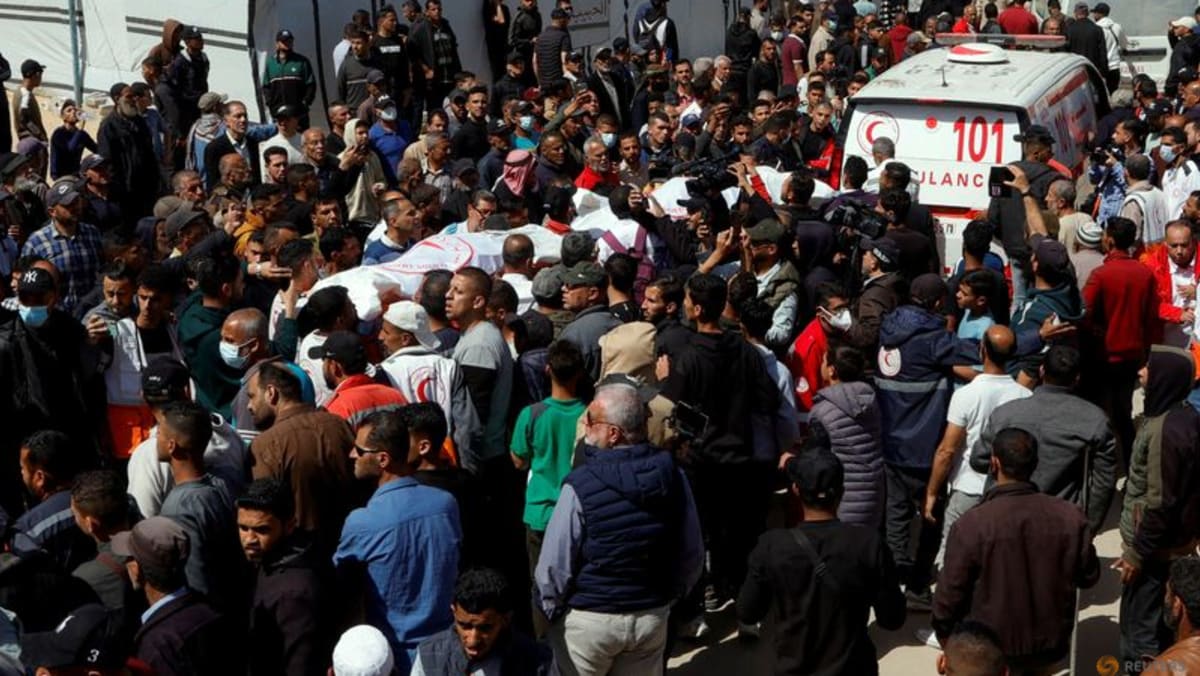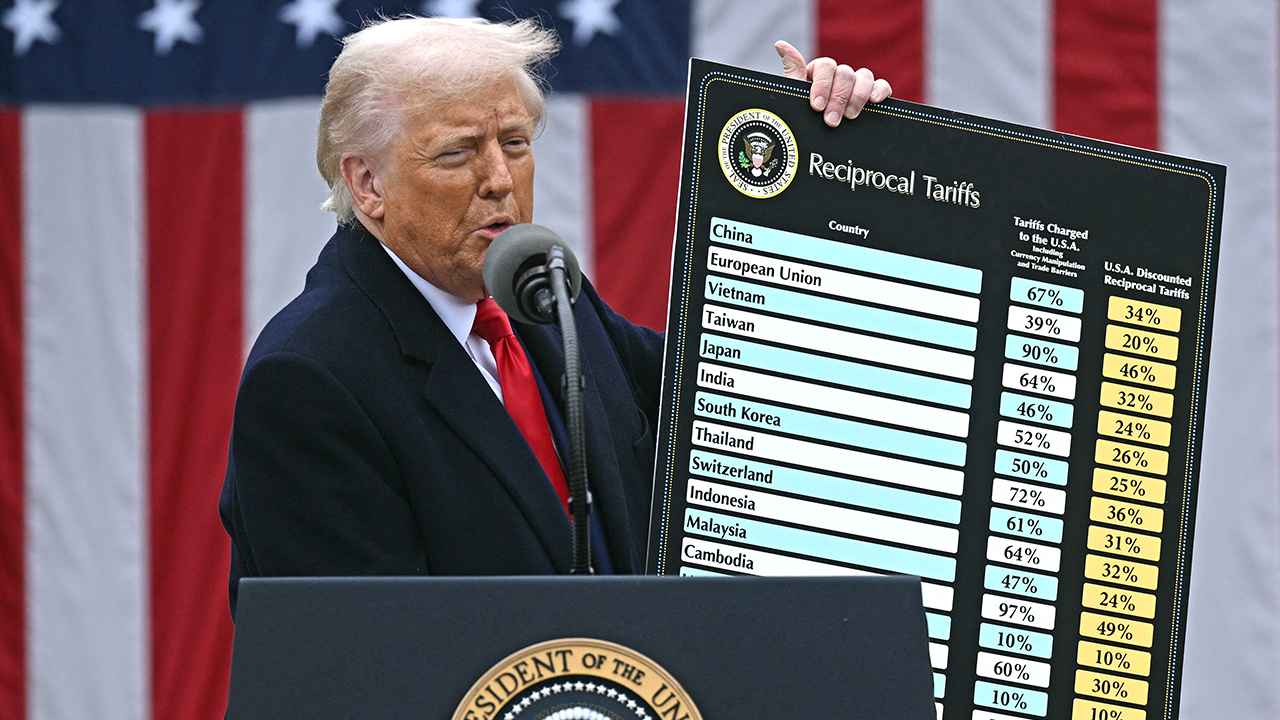Turk who hails from Austria has been a constant distractor for India, he openly support Pakistan’s point of view on Kashmir
Geneva: India has strongly refuted the “unwarranted” concerns raised by the United Nations High Commissioner for Human Rights, Volker Turk, regarding the upcoming Lok Sabha elections in the country.
India’s permanent representative to the UN in Geneva, Arindam Bagchi, said that the comments do not reflect the reality of the largest democracy in the world.
“We thank the High Commissioner for his global update. We have noted his comments about our forthcoming general elections. However, his concerns in this regard are unwarranted and do not reflect the reality of the largest democracy in the world,” Bagchi said while addressing the 55th session of the UN Human Rights Council in Geneva.
This comes after the UN High Commissioner in his global update raised ‘concerns’ on the forthcoming Lok Sabha elections over “increasing restrictions on the civic space” and “hate speech and discrimination against minorities.”
“In India, with an electorate of 960 million people, the coming election will be unique in scale. I appreciate the country’s secular and democratic traditions and its great diversity. I am, however, concerned by increasing restrictions on the civic space – with human rights defenders, journalists and perceived critics targeted – as well as by hate speech and discrimination against minorities, especially Muslims,” Turk said in his remarks.
“It is particularly important in a pre-electoral context to ensure an open space that respects the meaningful participation of everyone. I welcome the Supreme Court’s decision last month on campaign finance schemes, upholding the right to information and transparency,” he added.
Responding to the remarks, the Indian envoy said that in any democracy, argumentation is natural and it is imperative, that those in positions of authority do not allow their judgement to be clouded by propaganda.
“Plurality, diversity, inclusivity and openness are at the core of our democratic polity and our constitutional values. These are backed by fiercely independent institutions, including a robust judiciary, that aim to protect the rights of all,” he further said.
The former Ministry of External Affairs spokesperson pointed out that India’s electoral process is characterised by strong participation and faith, and many countries “aspire to emulate it.”
“Our electoral process has been characterised by a high degree of people’s participation and full faith in the electoral mandate by all. In fact, we are privileged that many across the world seek to learn from our experience and aspire to emulate it. We have no doubt that as in numerous occasions in the past, the Indian people will freely exercise their vote to choose a government that they believe can best give voice and flight to their aspirations,” Bagchi said in Geneva.
He further added that India, as home to one-sixth of humanity, has led from the front with an “enduring dedication” for the promotion and protection of human rights for all and its approach has been guided by its civilizational ethos that views the world as ‘one family’.
Bagchi highlighted India’s assistance to countries during the Covid pandemic as well as the disaster relief efforts during crises.
“More recently, this commitment was manifest in our response to the pandemic by providing assistance to our friends and partners across the world; our disaster relief efforts and support during crises in various countries; our development initiatives across the world; and our G20 Presidency last year where we particularly voiced the concerns of the Global South,” he further added.
Indian envoy then brought the meeting’s focus towards more pressing issues like the reformation of multilateral governance structures.
He said that India has been a “voice of reason, consistently calling for dialogue and diplomacy” during global wars and conflicts.
“It is in this spirit that we welcome the renewed focus on issues affecting us all, such as reform of multilateral governance structures, including international financial architecture, enhancing technical assistance and capacity building, sustainable development, and the need for peace,” the Indian envoy said.
He added, “Today, when the world is riddled with conflicts and war, India has been a voice of reason consistently calling for dialogue and diplomacy. It is only when peace is given a chance that the most vulnerable can hope for a better future where their basic needs are met, and their human rights are protected.”
This report is auto-generated from a syndicated feed




















Discussion about this post